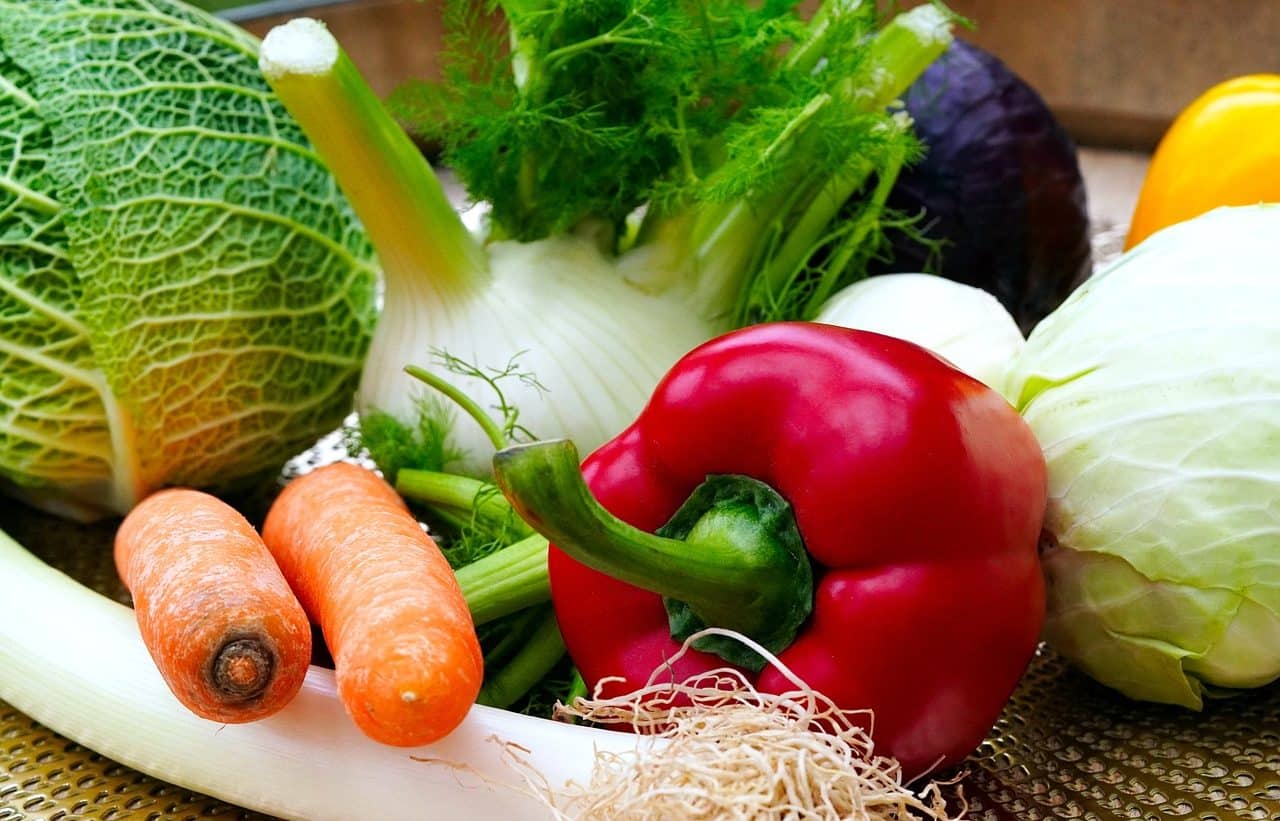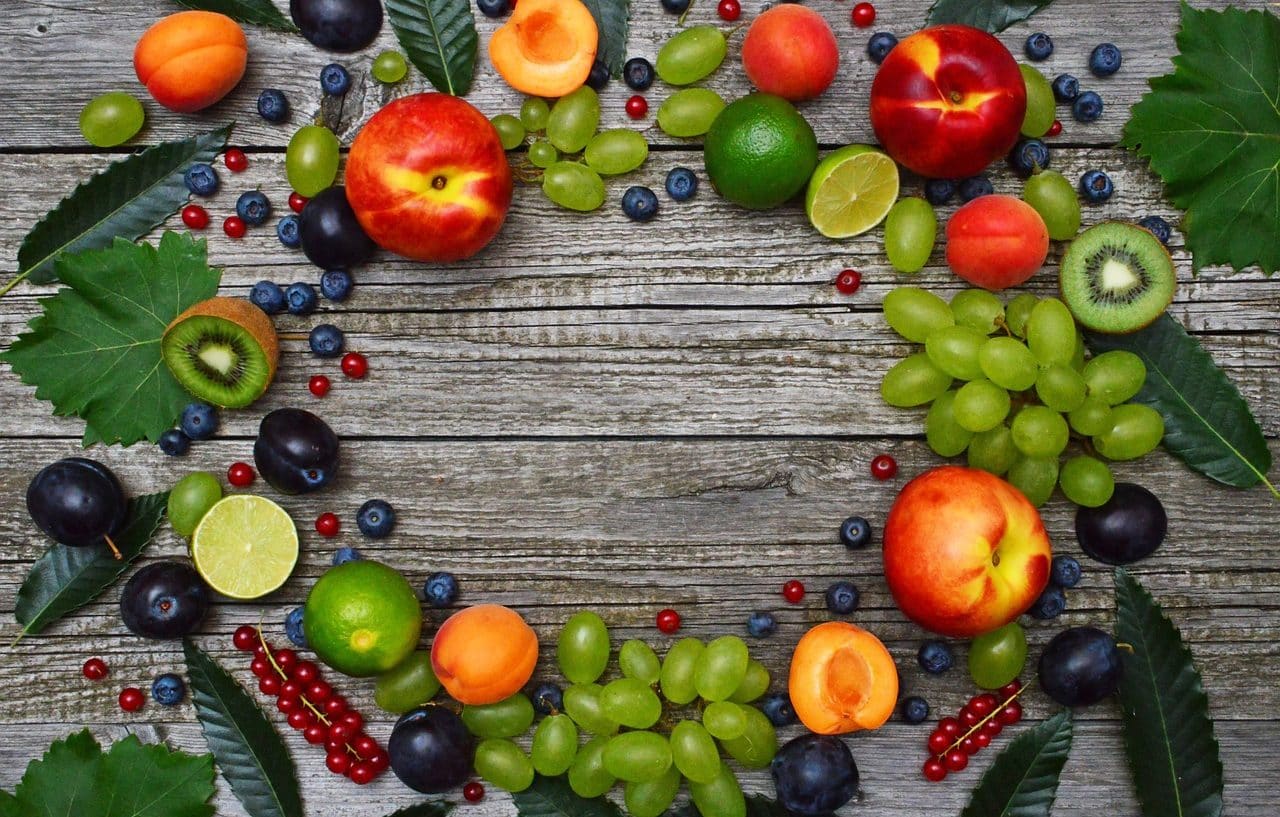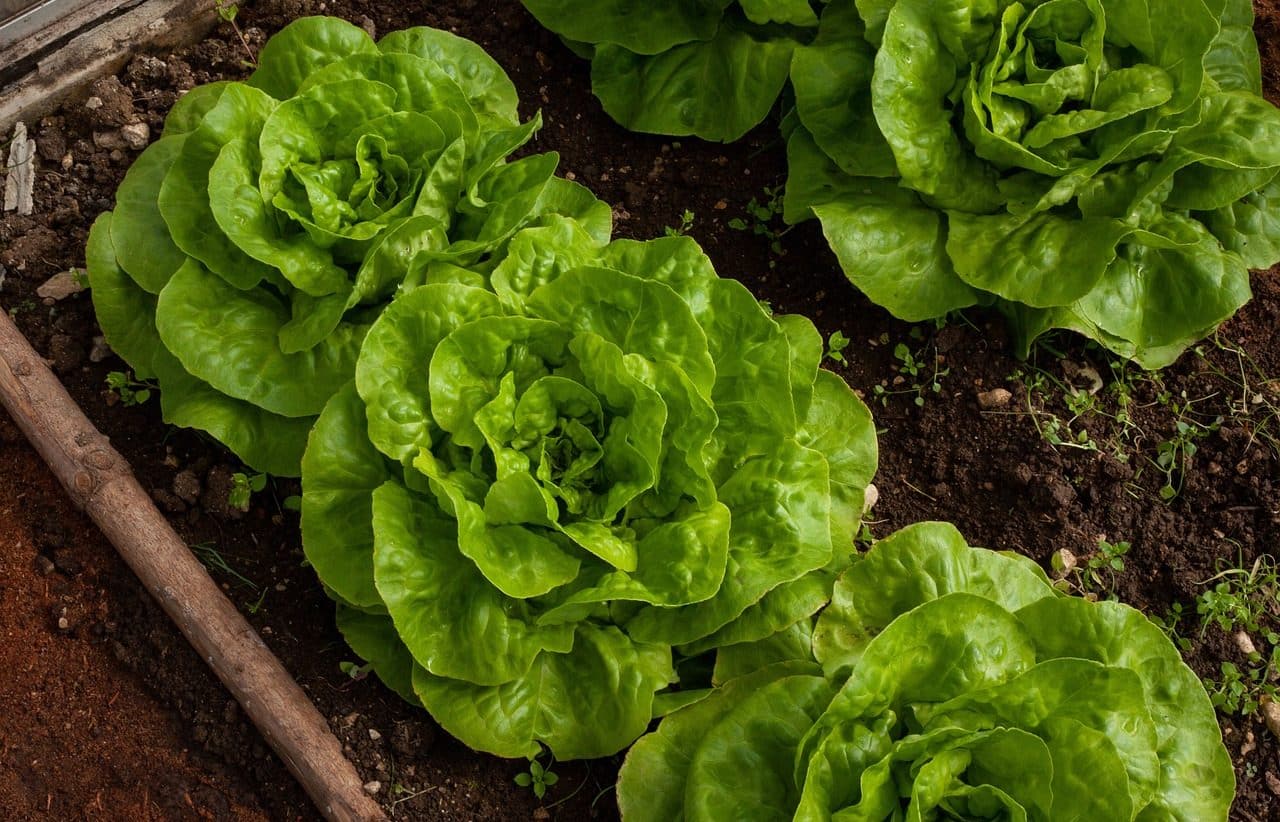
Organic agriculture is characterized by production that respects the soil and biodiversity and does not allow the use of agrochemicals, to mention some of its particularities.
Organic foods are, according to the theoretical definition, products suitable for human consumption that are obtained through processes, techniques or systems that respect the natural environment and without the use of synthetic or chemical substances .
These foodstuffs, also considered biological or ecological , are produced in different corners of the planet from a philosophy or perspective that aims to care for the planet , food security and the preservation of health . Thus, it is hoped that the entire procedure necessary to achieve organic foods is safe , certified and sustainable .
The objective is to generate nutritional alternatives from balanced and positive practices that avoid or minimize the use of non-renewable resources , are oriented towards protecting biodiversity and consider issues related to animal welfare .
Advantages of organic foods
Organic foods , say those who promote their consumption , have multiple advantages.
Firstly, they are optimal because they must comply with standards and controls that ensure their quality , traceability and chemical-free nature. These products, both of animal and plant origin, are nutritious , more appetizing and rich in antioxidants , minerals and vitamins .
For this type of crops , natural fertilizers , biological pest control and crop rotation are used. The result is a variety of fresh foods without additives , without synthetic and unprocessed pesticides, that is, they promote a healthy and natural diet without traces of toxins .
Hand in hand with organic foods , fair trade is also stimulated, health is taken care of and sustainability is promoted.
Security and certification
Safety and certification are key in organic foods . Without exception, they must be endorsed by a specialized organization that is authorized and official, as well as being correctly labeled and with a seal that accredits them as such.
Organic certification is granted to ventures or companies that adapt their methods, tactics, ingredients, inputs and productive actions to parameters or protocols regulated at the government level that is responsible for supervising some competent authority.

Certified organic products have official support from competent authorities that guarantee that their entire production, storage, distribution and marketing process responds to specific regulations and protocols.
In Argentine soil , for example, any element that arises from a sustainable and transparent production process that encompasses a rational and measured exploitation of natural resources is accepted as organic , does without the use of genetically modified organisms and does not allow the application of additives or agrochemicals . The objective is to preserve the natural properties of foodstuffs and make them display all their color, flavor and aroma without preservatives or contaminants affecting the quality of the merchandise.
In addition, certification gives consumers a guarantee regarding the verification of each step of the production chain , from the production stage to the packaging phases (with biodegradable packaging , for example), labeling (with ecological labeling , preferably ), transportation , distribution and marketing .
Examples of organic foods
As examples of organic foods, it is possible to mention, among other foods, lentils , a great source of minerals, proteins and fiber that can be obtained thanks to sustainable agriculture .
There are also organic apples on the market. These are products that are obtained after a period of natural measures for disease prevention and pest control . The land for cultivation, in order to achieve certification , must have been treated and maintained with materials and practices authorized by the supervisory bodies.
Chard , potatoes , onions , strawberries , walnuts and even chocolate , if they comply with the corresponding regulations, can be included in the list of products marketed as organic , to indicate other possibilities.

Thanks to organic urban gardens, food sovereignty is facilitated and fresh fruits, vegetables or vegetables grown naturally are obtained at low cost and without intermediaries.
Controversies
Organic foods have become objects of analysis, debates and controversies. Just as there are those who position them as healthier compared to conventional products, others distrust the good reputation achieved by this type of merchandise.
It must be taken into account that, in general, organic products go on sale at more expensive prices compared to non-organic products. In this scenario, from various sectors and numerous consumers question whether or not they make a difference.
In France , a few seasons ago, an investigation was carried out that determined that those people who frequently consumed organic vegetables, dairy products or food of animal origin represented a smaller percentage of the population affected by some kind of cancer. The experts' conclusion did not provide the certainty of a reduction in disease thanks to an organic diet , but rather the possibility that it is feasible for a predominantly organic diet to help reduce the risk of developing tumors.
A professor belonging to the team of professionals at Harvard University , for his part, assured that at a scientific level, at least for the moment, there is no evidence that demonstrates the superiority of organic foods over other foods. Although they may stand out for not being contaminated with pesticides (or containing a small amount of agrochemical residues), they are not more beneficial or concentrate more benefits than other products.
